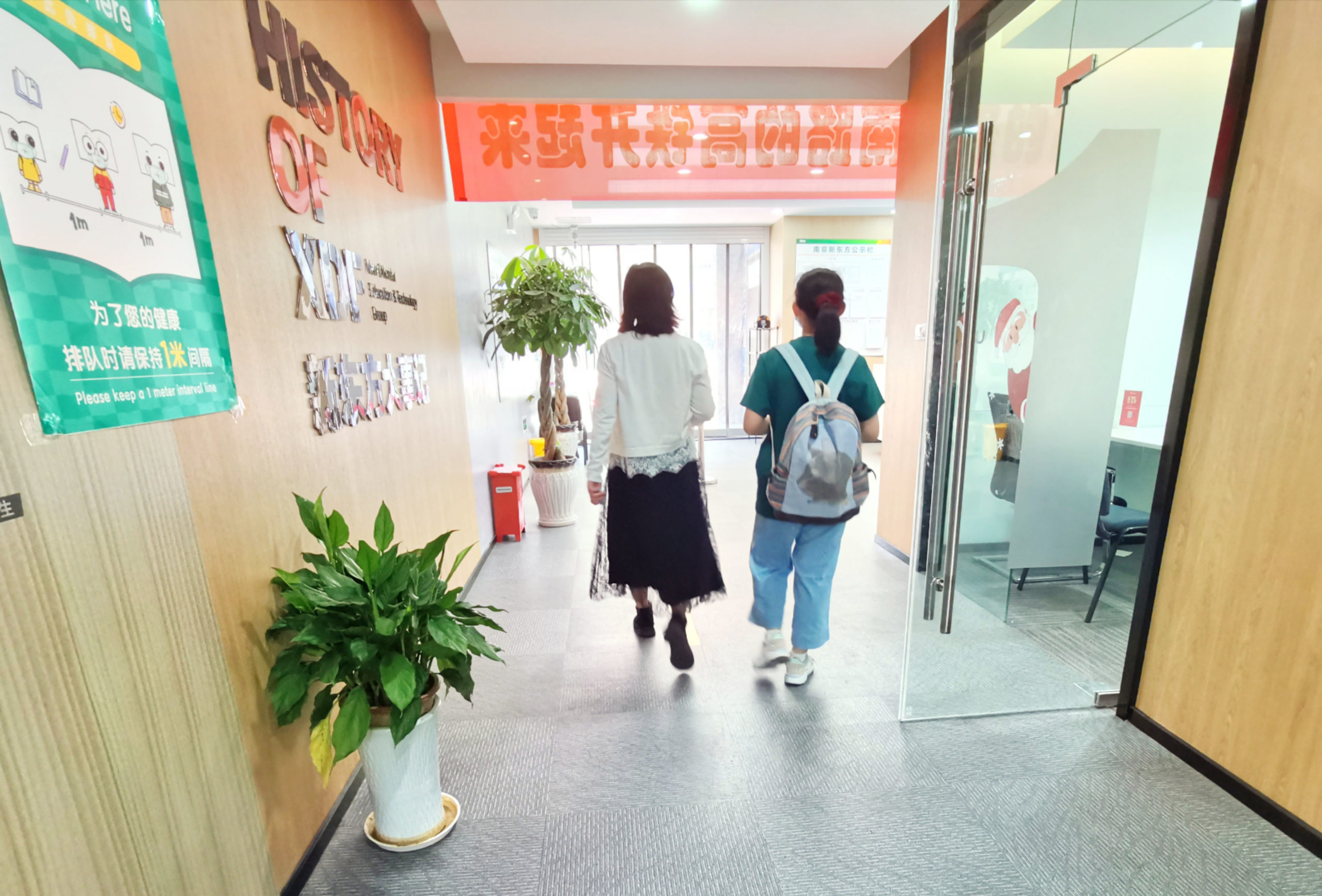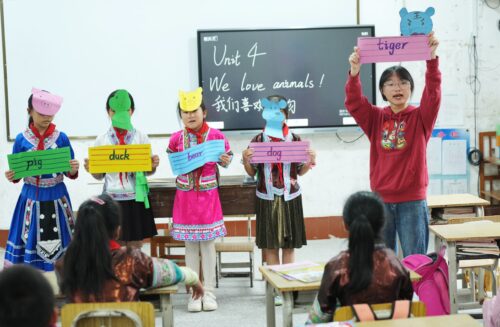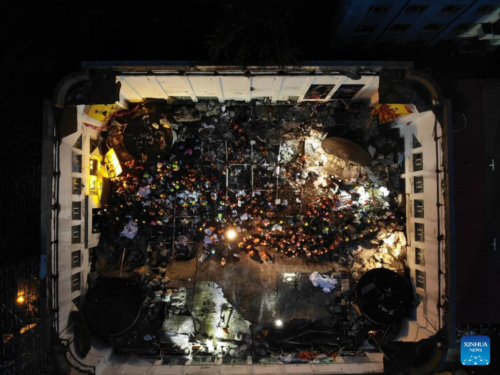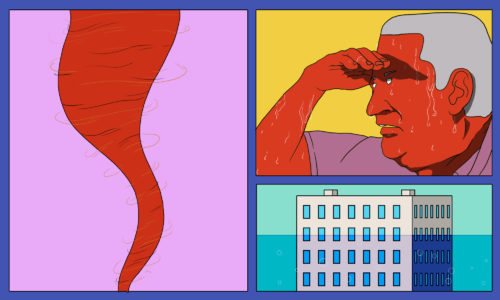Uncertainty roils Chinese private tutoring industry over feared regulatory crackdown
This is not the first time that China has strengthened its oversight of the private education industry, but the recent crackdown might be more severe than ever.

Education stocks have tanked, investors have balked and parents across China shuddered as Chinese authorities signaled their willingness to clamp down on the country’s private tutoring industry, a business that has grown exponentially over the past few years as China’s education system became increasingly cutthroat.
Last week, news started making the rounds that after-school tutoring institutions in Beijing, which recently reopened for in-person classes following months-long closures due to COVID-19, were ordered to put a halt to offline teaching by the local government.
- The mandate was rumored to be part of a campaign launched by Beijing’s education regulators to crack down on private tutoring companies that had no teaching certificates or business licenses.
- Three types of institutions were specially targeted: those that offered tutoring programs for elementary school and middle school students, those that taught foreign languages, and those whose main clients were students preparing for the senior high school entrance examination and college entrance examination.
- In interviews with AI Financial Club (in Chinese), several business owners in Beijing said they were waiting for further notice from the local government regarding a new reopening date. Most of them said they were optimistic that in-person classes would resume in late March.
- Nonetheless, Chinese education stocks, including New Oriental Education & Technology (EDU) and TAL Education (TAL), took losses last week in light of the news.
This is not the first time that China has strengthened its oversight of the private education industry, but the recent crackdown might be more severe than ever, according to Liáng Tǐngfú 梁挺福, a Beijing-based scholar on education.
- In 2018, Beijing’s education authorities revealed that after “sweeping investigations” of more than 12,681 after-school tutoring institutions in the city, it found that more than half of them need to “rectify” their business practices and comply with regulatory requirements.
- In October, Lǚ Yùgāng 吕玉刚, director of the Department of Basic Education under the Chinese Ministry of Education, said in a press conference that, in a push to improve compliance, China had carried out comprehensive inspections of roughly 400,000 after-school tutoring institutions in 2020.
- Private tutoring companies and language training institutions were main targets at this year’s 3.15 Gala, an annual consumer rights show designed to expose irregular practices and shady behavior in various industries. Complaints about China’s extracurricular education industry were mostly centered around companies that folded overnight and left clients unable to seek refunds.
China’s private education sector was one of the few industries that saw growth during the COVID-19 pandemic. As most of the country went into quarantine, Chinese parents who were dissatisfied with the online education provided by traditional schools quickly turned to private tutoring companies to fill the gaps.
- According to Miaozhen Systems (in Chinese), a major Chinese third-party marketing data technology provider, the industry that spent the most on online advertising in 2020 was China’s education sector, whose budget for digital marketing grew by a whopping 57.1 percent compared to the previous year.
- Chinese live tutoring app Yuanfudao, which has roughly 30,000 employees in teaching centers across China, raised $2.2 billion from investors in last October, overtaking Byju’s as the most valuable edtech company in the world.
- China’s private education sector is forecast to reach an estimated market size of $61.4 billion in the year 2027.
- The exponential growth of this billion-dollar tutoring market is largely driven by China’s exam-oriented culture, where students are constantly under immense pressure to perform and parents invest heavily in their children’s education.






